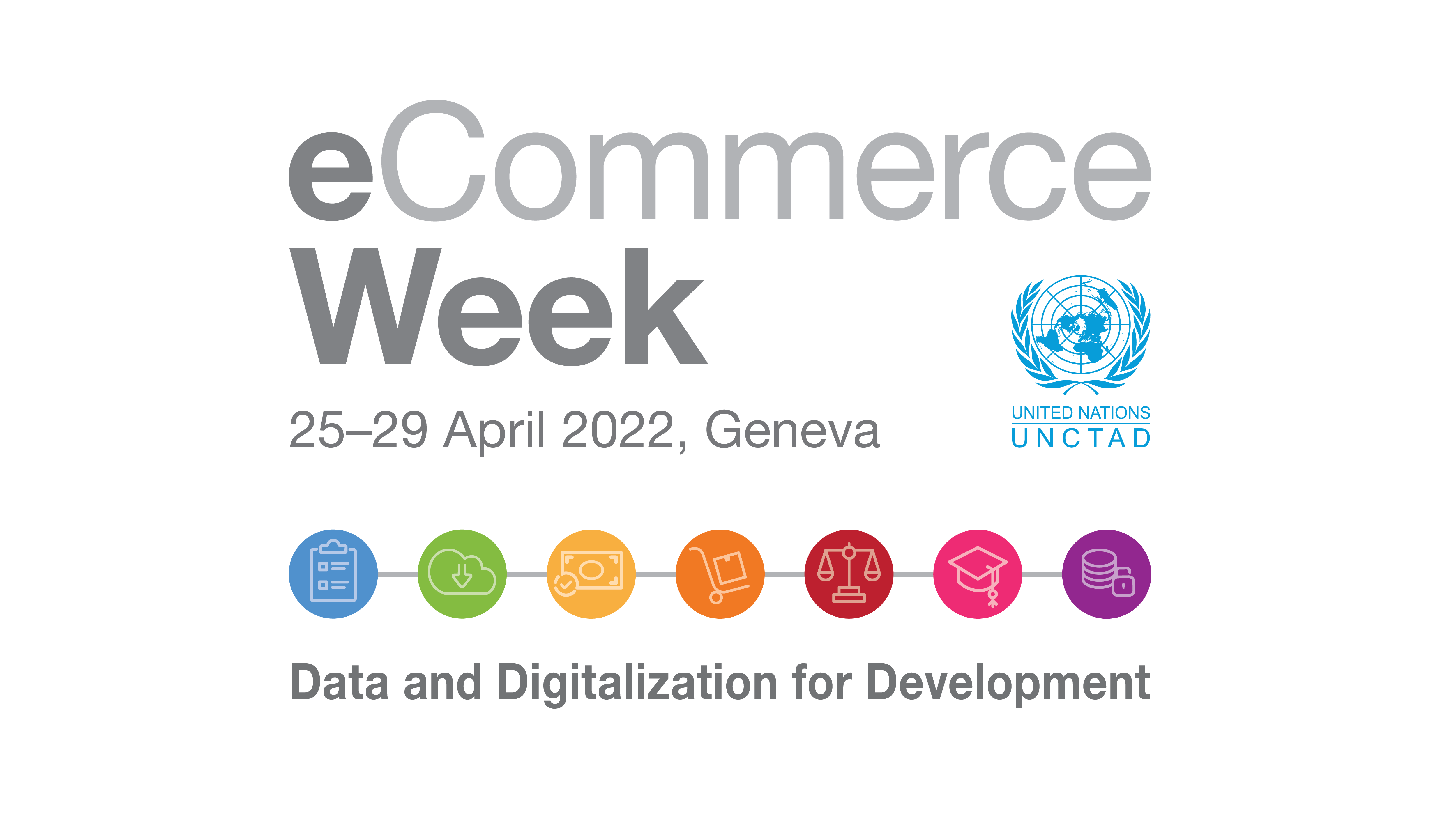Designing innovative data solutions for the global south
28 Apr 2022 12:00h - 13:00h
Event report
The panel addressed innovative data governance approaches and how to design and implement new legal policy tools to harness opportunities from data. It looked into legal, policy, and technical solutions, particularly in the Global South, focusing on opportunities and challenges, and on ongoing projects and initiatives.
Developing countries are under pressure to deal with the production and use of large volumes of data, and to deal with the implications this flow of data brings to data governance, explained Ms Carolina Rossini (Chief Partnership and Impact Officer and Co-Founder, The Datasphere Initiative). She asked the speakers to reflect on the main opportunities and challenges for data governance.
According to Ms Thelma Quaye (Head, Digital Infrastructure and Capacity Building Division, Smart Africa), data is an essential part of the digital transformation of developing regions. She explained some of the challenges that African countries face in discussing data governance and unlocking the benefits of data for development. First, discussions on data governance are still mostly related to personal data and privacy. It is important that the continent begin to focus on non-personal data and the opportunities to harness its benefits. Second, significant regulatory fragmentation occurs in the continent. Many countries have adopted data protection norms, for example, but legal obligations vary, creating obstacles to private investment. Quaye mentioned that the Africa Data Leadership Institute brings together data protection authorities in Africa and beyond to share experiences. Third, the African countries also need capacity building to develop adequate policies that observe the specificities of the region.
Additional challenges were highlighted by Ms Lorrayne Porciuncula (Executive Director, Datasphere Initiative), such as the multitude of meanings of certain expressions, including data, trust, and sovereignty; and the complexity of the domestic and regional decision-making processes concerning data. In addition, inadequate regulatory solutions are often transposed to developing countries without taking into account their specific needs.
Porciuncula explained that the work of the Datasphere Initiative addresses these challenges by a combination of three pillars: dialogue, research, and a lab. The Initiative looks at the data ecosystem in a holistic way, mapping the organisations working on data, examining good practices, and designing innovative solutions for data governance. One of the solutions that the Datasphere Initiative has been exploring is the creation of data sandboxes, by conducting research on existing sandboxes in other areas, and examining privacy enhancing technologies that allow access to the result of data computation without accessing the data itself.
Open data initiatives can deliver solutions to some development-related challenges related to data sharing, according to Dr Fabrizio Scrollini (Executive Director, ILDA). Many countries have open data policies in place, but the last few years has seen a push against openness. In parallel, the complexity of dealing with data has also increased. As a consequence, the idea of openness needs to be harmonised with the need to protect privacy and security, especially in an interdependent world in which platforms move data across jurisdictions. No one-size-fits-all solution can be found, according to Scrollini, but we could use analogies with regard to data in a more subtle way. Data is not the new oil; it is a new asset, but it is also related to rights and inclusion.
Ms Martina Barbero (Policy Manager, Global Partnership for Sustainable Development Data) elaborated on this point. She mentioned that data governance is usually associated with the creation of legislations, treaties, and institutions. These are all important, but not sufficient. The Global Partnership for Sustainable Development Data launched the Data Values project to discuss rights related to data governance. A consultation conducted in this project revealed the importance of multistakeholder partnerships, community led initiatives, and NGOs, as important informal mechanisms that complement laws and institutions. They help to empower society and keep actors accountable.
Ms Maiko Meiguro (Ministry of Economy, Trade and Industry, Japan) focused on international collaboration. She explained the idea of Data Free Flows with Trust (DFFT), introduced by the government of Japan in the G20. Data needs to flow, as free trade does, but data is different from goods and services; therefore, the needs for privacy and security need to be observed. For data to flow, it is important to secure trust. This requires dialogue among countries with different legal approaches to privacy and national security. These differences require respect, while based on common ground. She highlighted that multistakeholder involvement is important to the implementation of DFFT.
Meiguro explained that Japan will hold the presidency of the G20 in 2023 and intends to present concrete policy proposals on how DFFT can be implemented. The country will establish expert groups to study the phases and actors in data life-cycles, and to understand the actual barriers they face in operating with data. This study is expected to be published in December 2022.
Rossini asked the speakers to share views on the incentives that could encourage the development and implementation of data solutions in the Global South. Quaye pointed to the needs for harmonisation of regulation, capacity building, and infrastructure. Scrollini argued that data regimes are very different and are likely to stay different. To create data markets, it is important to foster interoperability and standards, and non-negotiable values. Human rights standards provide a good framework for finding a common ground, he concluded.
Porciuncula highlighted the need for an appropriate environment for governments and businesses to share data. This environment requires infrastructure, regulatory frameworks, and legal certainty, so businesses can share data without the fear of legal prosecution and liability. Sandboxes are good solutions, because they are time-bound and businesses can innovate without fear inside a sandbox. Meiguro argued that incentives may vary from country to country. Finding a common workable ground is a challenge for policy makers. Barbero added that it is important to allow the solutions to emerge from the bottom-up instead of copying solutions from elsewhere.
By Marilia Maciel
Related topics
Related event

